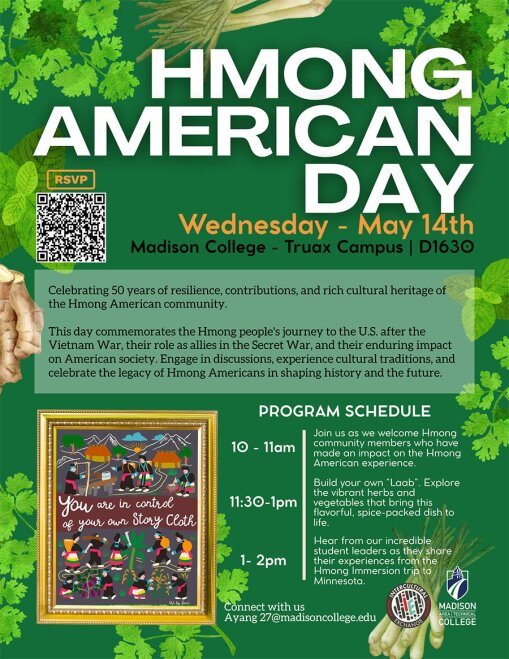Olympic games has flaws to overcome
August 28, 2021
I love the Olympics. It doesn’t matter if it’s winter or summer, if I know the sport or if I’ve never heard of it. The TV stays on for the entirety of the Olympics. I stay up late watching the opening ceremony, and I follow along with the different countries’ medal count.
Before the 2020 Olympic Games, I had never heard of mixed team archery. But when it was done, I could tell you who was in the gold medal match, who won and how far away the target was from the archers.
It is so fun to learn about new sports and talk about all the Olympic excitement and drama with friends and family.
One thing that was different at these Olympic Games from previous years was the athletes’ social media presences. Ilona Maher, a U.S. rugby player, posted many TikToks showing her followers what the Olympic village was like. There were “behind the scenes” type videos, videos where she talked about other athletes and just fun videos with her teammates.
British swimmer Tom Daley went viral for knitting a sweater while not competing. The sweater was 2020 Olympic themed.
Japanese boxer and gold medalist Sena Irie similarly became popular for her love of frogs. She said that she would like to “spend her off-time with frogs.” Instagram users quickly went to her page to see for themselves. Sure enough, the whole page was post after post of frogs, with one simple post of her Olympic win.
Though, I love watching the games, not everything about the Olympics is fun. There are many issues that are prevalent in today’s games. Earlier this year, U.S. track athlete Sha’Carri Richardson was set for the Tokyo Olympics after breaking college records and winning the 100-meter final at the U.S. Olympic track and field trials. After testing positive for marijuana, Richardson would no longer be able to compete in Tokyo.
She publicly acknowledged that yes, she had smoked legally in the past. She went on to explain that her mother had just passed away, and she needed something to help her cope.
It seems highly unfair that she would be punished for coping after the loss of her mother, while some athletes have used steroids at the Olympic Games to better their abilities.
Some Namibian sprinters were banned from the games because of their “elevated” testosterone levels. Soul Cap, a company that makes swim caps designed for Black hair styles, were banned from the Olympics as well. This was because it “does not follow the natural form of the head.” There are clearly more obstacles preventing Black athletes, and more specifically Black women, from competing in the Olympics.
Some said that because of the discrimination against Black athletes, everyone should simply boycott the games. Others thought that this wasn’t fair to the athletes who did make it; we should be celebrating the people who did make it and working to make qualifying more fair in the future. Despite all this, the Tokyo Olympic Games had many U.S. Black athletes competing.
There were Black athletes in many sports, including skateboarding for the first time ever.
While there doesn’t seem to be one clear answer of how to fix the discrimination happening throughout the Olympics, there is optimism for the future as we see small changes towards more equal competition.































